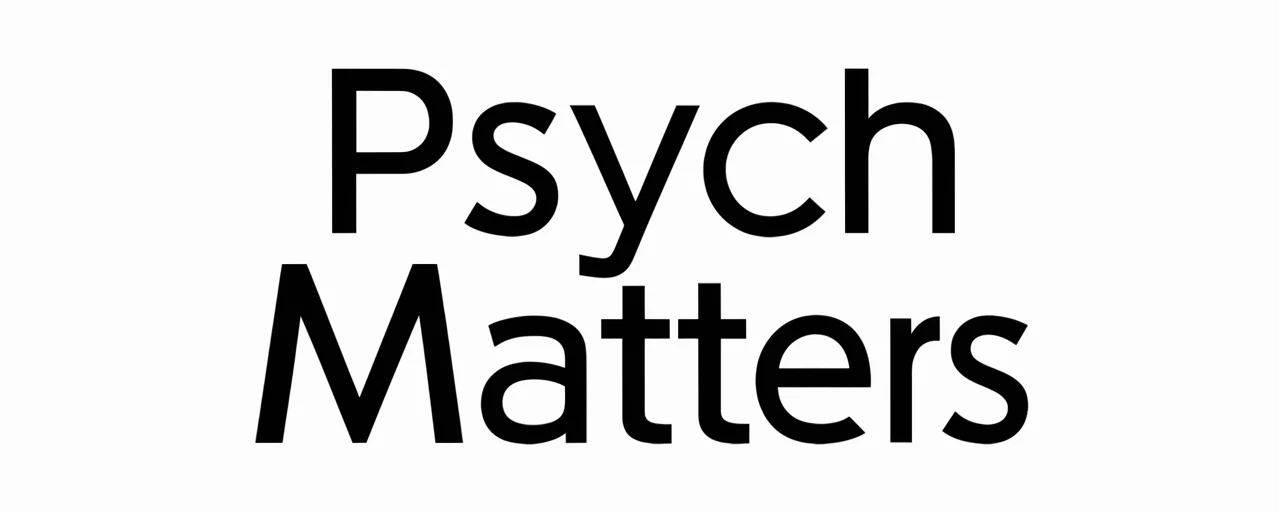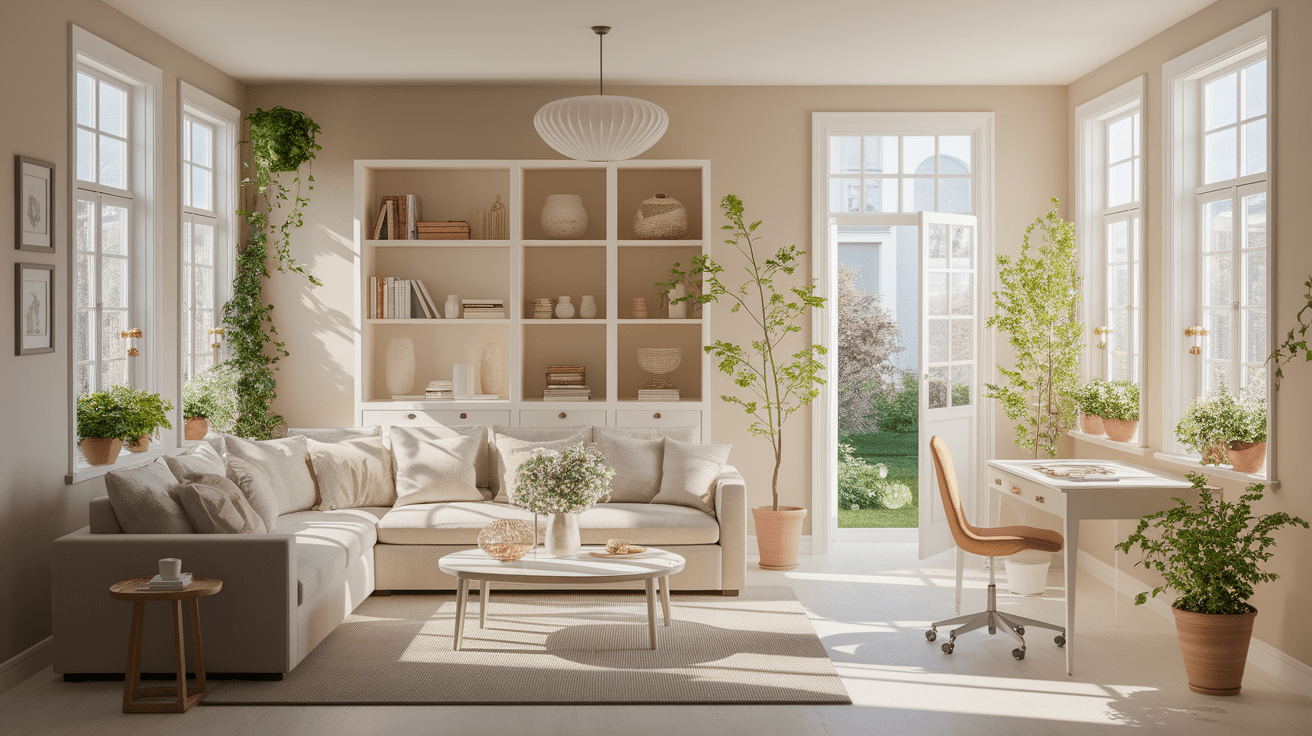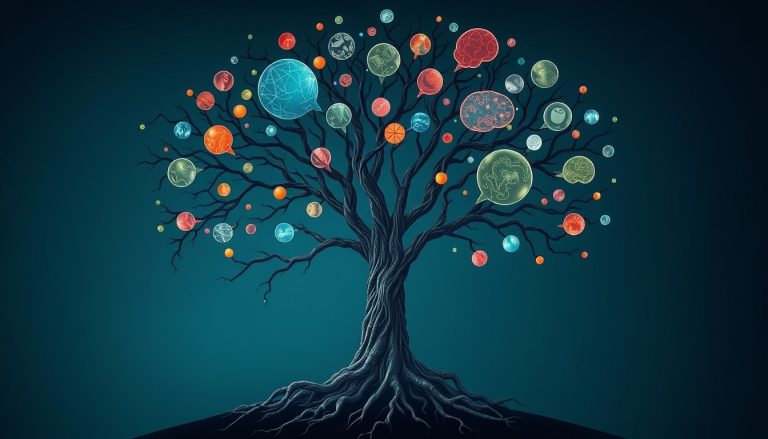Mind Over Mess: How Decluttering and Minimalism Enhance Your Mental Health
Unlocking Clarity: The Introduction
Decluttering and minimalism are more than lifestyle trends—they are evidence-based approaches to enhancing psychological well-being. By intentionally reducing material possessions and organizing our living spaces, individuals can alleviate mental burden, improve focus, and foster a greater sense of control. Recent findings in environmental psychology reveal that the home environment significantly influences emotional states and life satisfaction. Understanding the psychological mechanisms behind clutter and minimalism offers actionable strategies for achieving mental clarity and inner peace.
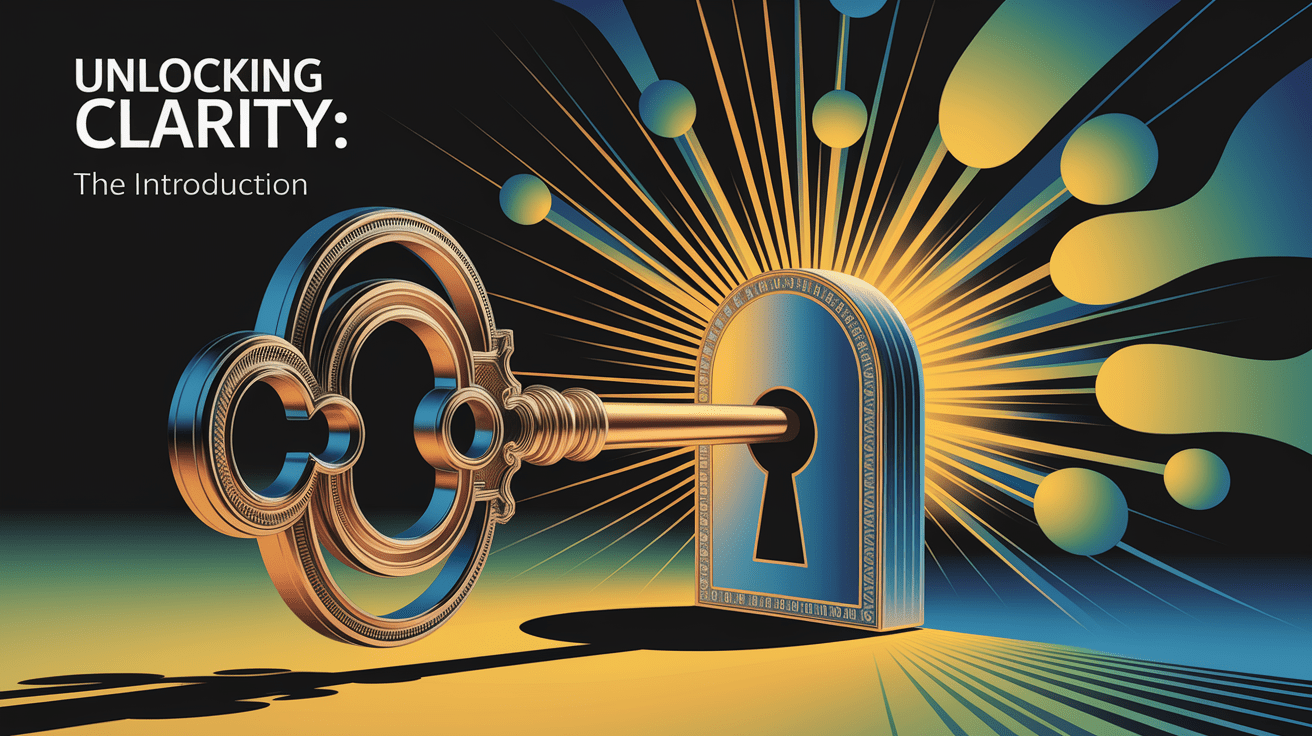
The Psychological Toll of Clutter
Clutter impacts mental health on several levels, acting as both a symptom and a contributor to psychological strain. It can increase anxiety, contribute to decision fatigue, and diminish the ability to focus. For individuals with underlying conditions such as hoarding disorder, physical disorganization often reflects challenges with emotional regulation and avoidance behaviors.
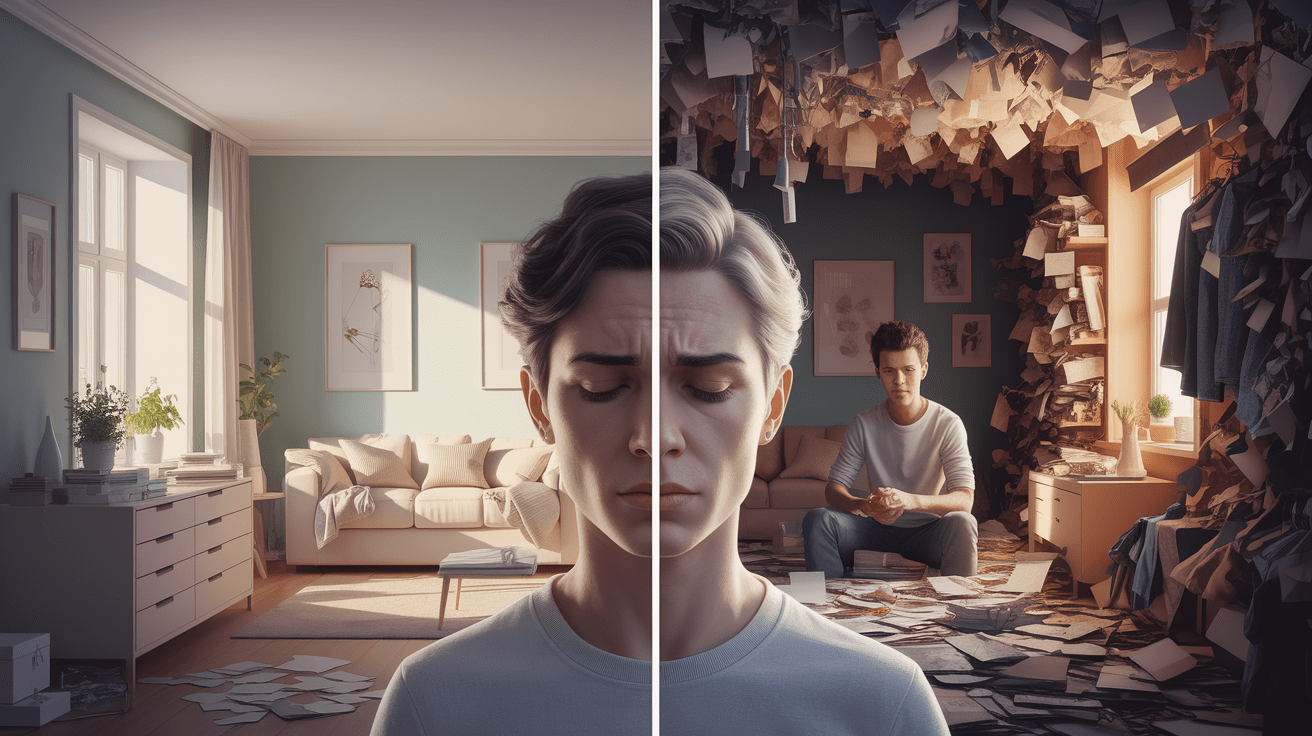
- Heightened Anxiety: Disorganized environments increase visual and cognitive stimuli, leading to heightened stress responses.
- Reduced Focus: A cluttered space divides attention, making concentration on tasks more difficult.
- Sleep Impairment: Prolonged exposure to disorder can disrupt relaxation and rest cycles.
Studies discussed by the American Psychological Association highlight how clutter can serve as a physical representation of procrastination and unresolved emotional concerns, impacting daily functioning and overall life quality.
Mental Health Benefits of Decluttering
Decluttering is not simply about tidying—it is a therapeutic intervention for the mind. Structured organization of belongings has been linked to improved emotional states, reduced feelings of overwhelm, and increased happiness. In fact, research from the University of New Mexico notes that regular decluttering promotes calmness, clarity, and control.
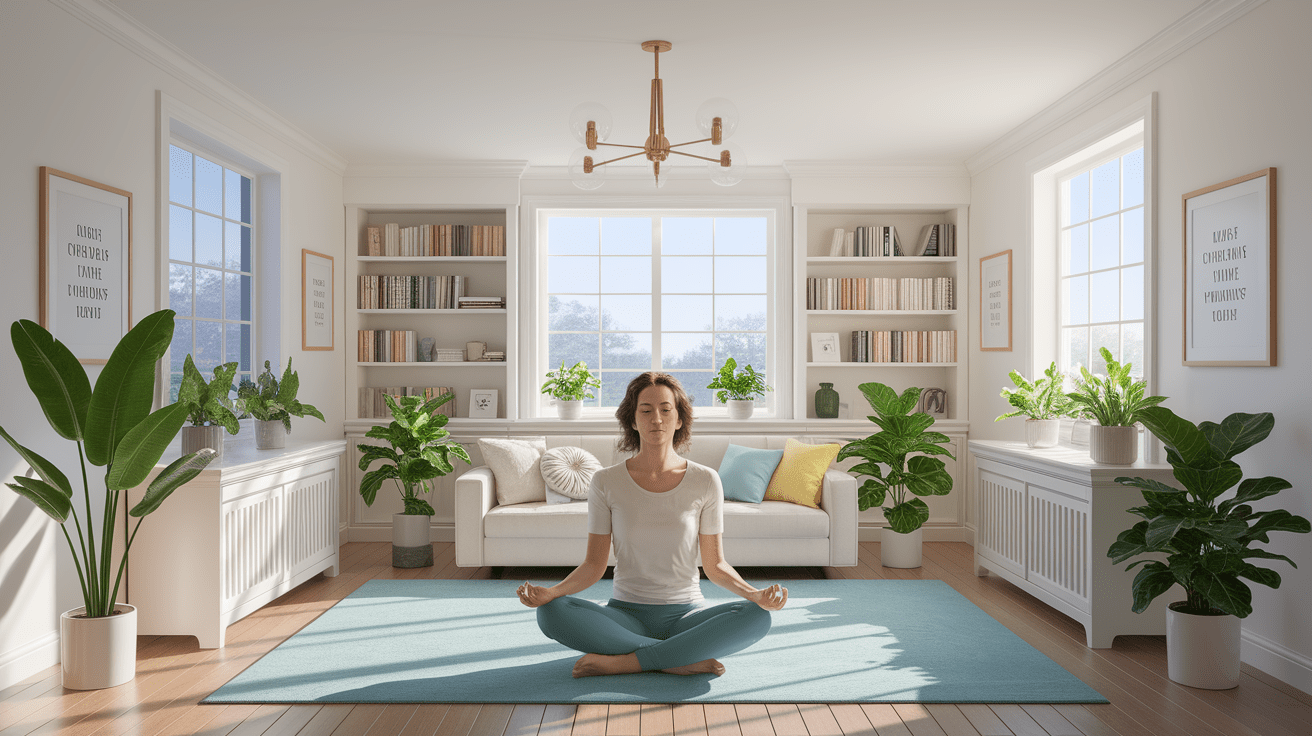
- Stress Reduction: Clearing excess possessions can lower cortisol levels and create a more peaceful home environment.
- Enhanced Productivity: Less physical distraction translates into improved task efficiency.
- Emotional Liberation: Letting go of items tied to outdated identities encourages self-growth.
Notably, a comparative study found that decluttering interventions can yield mental clarity comparable to mindfulness practices, demonstrating its efficacy as a psychological tool for well-being.
Minimalism Through a Psychological Lens
Minimalism is the principle of living with only what serves one’s values and needs. Through the lens of consumer psychology and attachment theory, minimalism challenges ingrained patterns of accumulation and shifts the focus toward intentional living. By recognizing and evaluating emotional attachments to possessions, individuals develop new mental frameworks around self-worth and happiness.
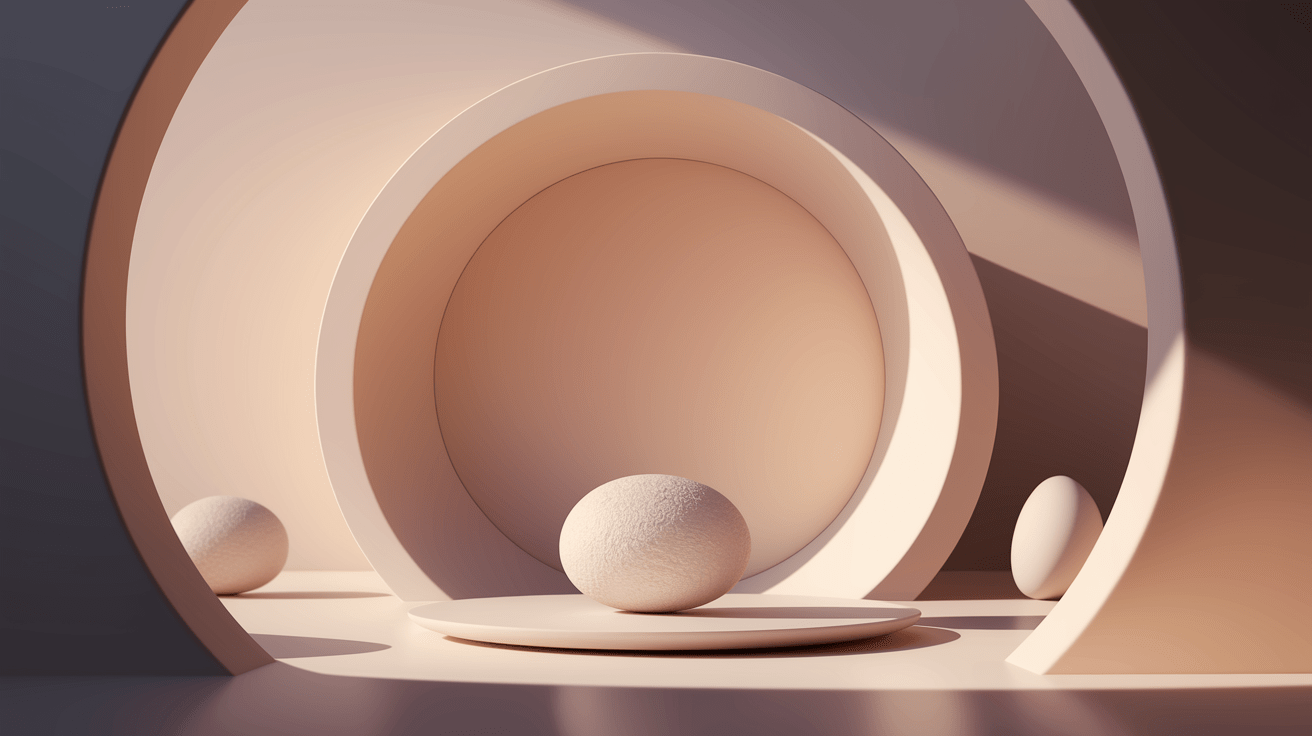
Mindfulness plays a pivotal role here, as described in the Greater Good Science Center‘s exploration of mindful decluttering. This process involves:
- Present-moment awareness while sorting possessions.
- Conscious decisions about keeping or releasing items.
- Acceptance of impermanence and reducing unconscious accumulation.
Popular methods like the KonMari method popularized by Marie Kondo reflect similar psychological principles, encouraging individuals to retain only items that “spark joy” and thereby reinforcing emotional alignment with one’s environment.
Building Sustainable Decluttering Habits
Effective decluttering is not a one-time act but a long-term behavioral change. Behavioral interventions—such as those evaluated in randomized controlled trials—emphasize goal setting, decision-making strategies, and the development of routines to maintain order.
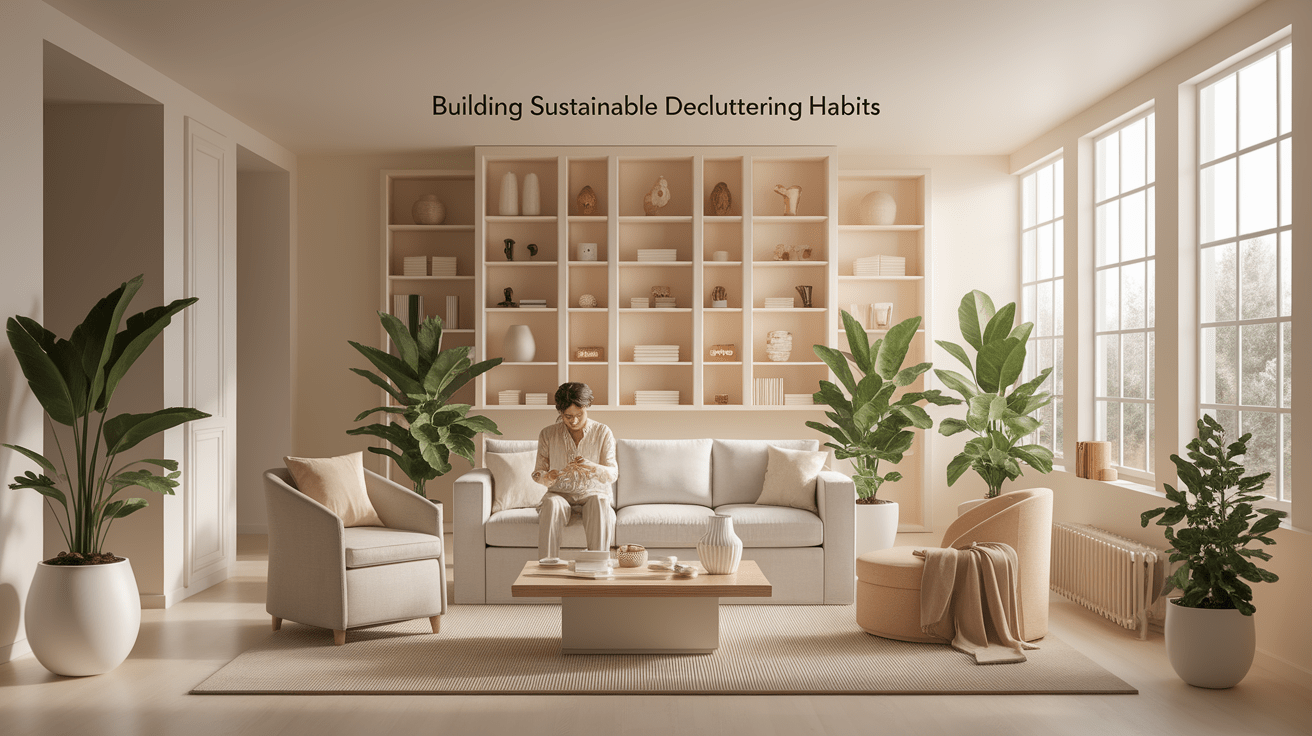
Key strategies for sustainability include:
- Start Small: Begin with a single category or space to avoid mental overwhelm.
- Define Necessity: Use clear criteria for what stays based on utility and emotional value.
- Integrate Mindfulness: Reflect on the purpose and impact of each possession in your life.
- Prevent Recurrence: Adopt mindful consumption practices to limit future accumulation.
These approaches reduce cognitive load and reinforce positive psychological associations with organization, ultimately protecting mental health over time.
Living Light: The Lasting Psychological Payoff
Minimalism and regular decluttering foster a long-term sense of inner peace and psychological freedom. Beyond aesthetic benefits, organized living spaces improve mental space, support better lifestyle choices, and encourage mindful consumption. Over time, these practices reshape behavioral patterns toward simplicity, enhancing resilience and emotional well-being.
Maintaining a decluttered, minimal environment creates sustainable mental clarity. This shift enables individuals to direct focus toward relationships, passions, and goals—elements proven to contribute more substantially to happiness than material possessions. As the research on decluttering and psychological outcomes underscores, living with less can be a powerful tool for mental health promotion.
